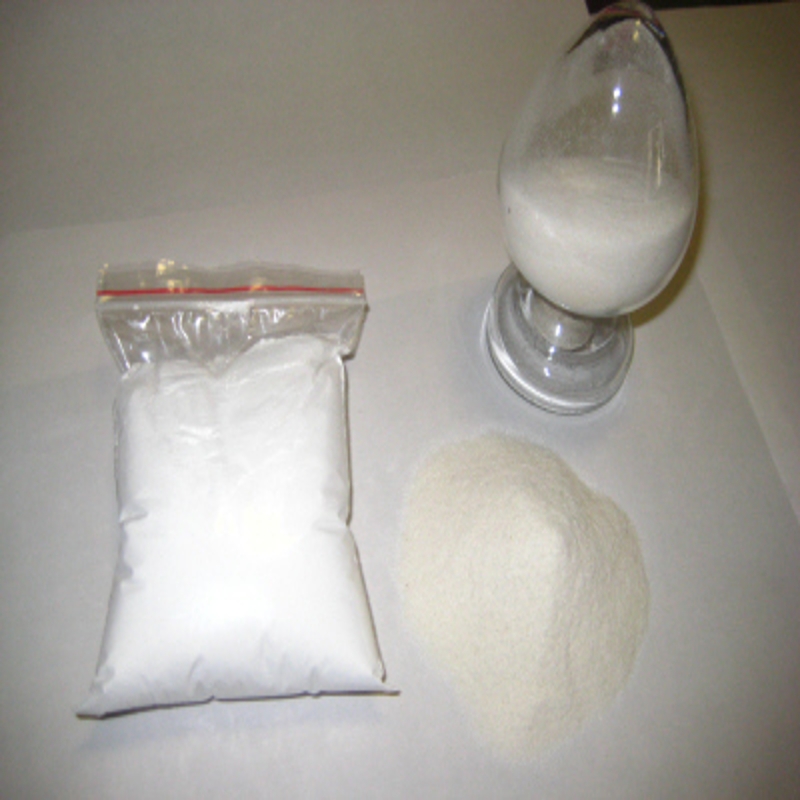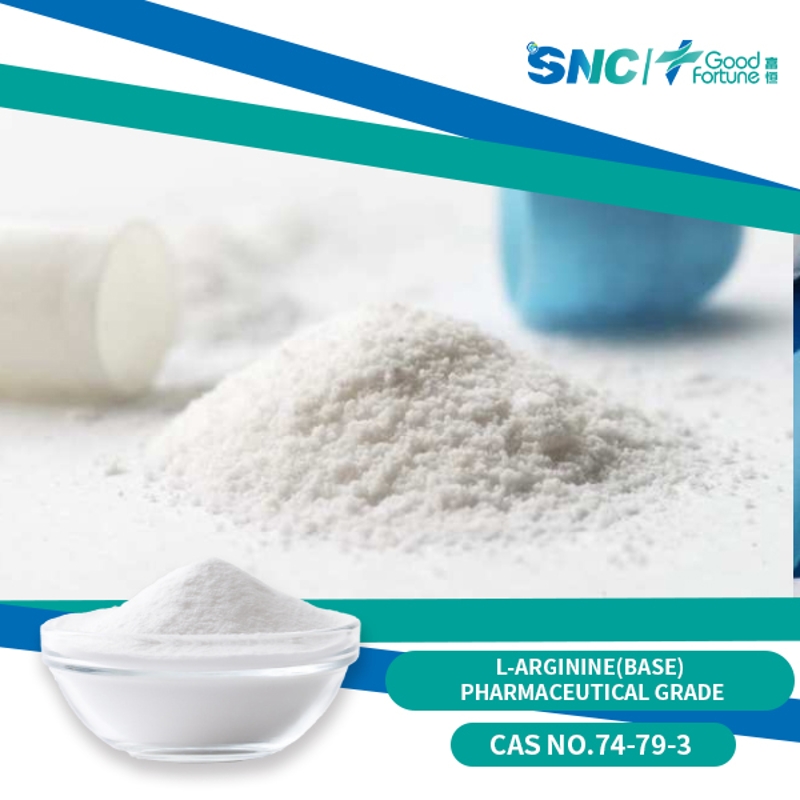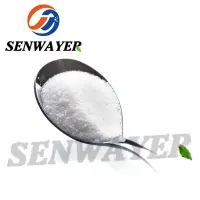-
Categories
-
Pharmaceutical Intermediates
-
Active Pharmaceutical Ingredients
-
Food Additives
- Industrial Coatings
- Agrochemicals
- Dyes and Pigments
- Surfactant
- Flavors and Fragrances
- Chemical Reagents
- Catalyst and Auxiliary
- Natural Products
- Inorganic Chemistry
-
Organic Chemistry
-
Biochemical Engineering
- Analytical Chemistry
-
Cosmetic Ingredient
- Water Treatment Chemical
-
Pharmaceutical Intermediates
Promotion
ECHEMI Mall
Wholesale
Weekly Price
Exhibition
News
-
Trade Service
In recent times, various "net red" imported salt full of exotic styles has been very popular
on e-commerce platforms.
A bottle of 200 grams of ground version of Himalayan pure natural rock salt is priced at 58 yuan, 454 grams of French gray salt is priced at 108 yuan, and a bottle of 113 grams of American Hawaiian black salt is priced at 148 yuan.
Recently, the Workers Daily reporter's investigation found that all kinds of exotic "net red" imported salt are very popular
on the e-commerce platform.
Are these "net red salts" really miraculous, or are they collecting "IQ tax" from consumers? The reporter conducted an investigation and interview
.
Scrape the edge ball when marketing
"These colorful 'net red salts' are sprinkled on the food, which is pleasing to the eye
.
Industry insiders pointed out that from the perspective of the market, "net red salt" is like drinking water, as long as the label is clear and clear, there is no false publicity or inducement or misleading consumers, there is no harm to food safety, it should be allowed to exist, and consumers should choose
according to their own economic conditions or preferences.
"Compared with the pursuit of novel 'net red salt', we should learn to read the nutrition label of food, pay attention to reducing sodium intake, and pursue a healthier lifestyle
.
The reporter found that many merchants will play labels such as "natural organic certification" and "rich in minerals" when selling "net red salt"
.
Taking Himalayan rose salt as an example, merchants claim that the salt was formed 250 million years ago, pure natural and pollution-free, containing more than 98% sodium chloride, including iron, calcium, magnesium, potassium, zinc, silicon, copper and other minerals needed by the human body, is a veritable king
of salt.
In addition to the rose salt on the tall, the reporter found in the interview, there are also Himalayan salt condiments, the price of 1 bottle is about 50 yuan, known as a new combination of taste, strictly select raw materials ingenuity collocation, easy to get a variety of Chinese and Western delicacies
.
"Eat salt and supplement calcium" is unreliable
In addition, there are merchants who claim that Himalayan rose salt is more natural or purer
than ordinary table salt.
It is understood that edible salt mainly includes sea salt, lake salt and mineral salt, which come from seawater, natural brine and underground salt deposits
.
In addition, industry insiders pointed out that the statement of "eating salt and supplementing calcium" is even more contrary to science and contradictory
.
Li Qing believes that the trace elements in salt are negligible (except for the added enhancer), after all, the daily salt intake is too low
.
In fact, the Chongqing Municipal Consumer Commission recently conducted a comparative test on 8 brands and a total of 27 groups of edible salt samples circulating in Chongqing, and the comparative test mainly tested 20 indicators such as physical and chemical indicators, health indicators, nutritional enhancers and principal component content of salt samples
.
Don't pay the IQ tax easily.
"It is not necessary to deliberately choose micronutrient fortified salts to supplement mineral elements, and it is recommended that consumers do not trust the slogans
of merchants.
" Relevant personnel of the Chongqing Municipal Consumer Commission said that the test also pulled out a "hanging sheep's head to sell dog meat" edible salt brand, claiming that it added iodized salt to seaweed, but actually added potassium iodide and seaweed umami solution, which has been interviewed and processed
.
"'Net red salt' is just to take advantage of the curiosity, taste and even superstition of some consumers to believe in foreign goods, and use ambiguous, flashy, and exaggerated advertising to promote products, and they cannot be ignored
.
" Zhang Zairong, a fourth-level researcher at the Chongqing Yuzhong District Market Supervision Bureau, said that on the one hand, regulatory departments and platforms should restrict and regulate the false publicity of merchants in accordance with laws and regulations such as the Advertising Law, and strictly investigate and deal with illegal marketing behaviors; On the other hand, the majority of consumers should also establish a correct concept of consumption, prudently look at "net red salt" and other Internet red goods under the "gorgeous coat", and do not easily pay the "IQ tax"
.
Li Wenjian suggested that the regulatory authorities should not only strengthen supervision, strictly investigate illegal marketing, fraud and inducement and other illegal acts, but also pay attention to scientific publicity, so that more people know that the function of "net red salt" is no different from ordinary salt, and then safeguard consumers' right to know, so that people can clearly consume and do not fall into the consumption trap
.







